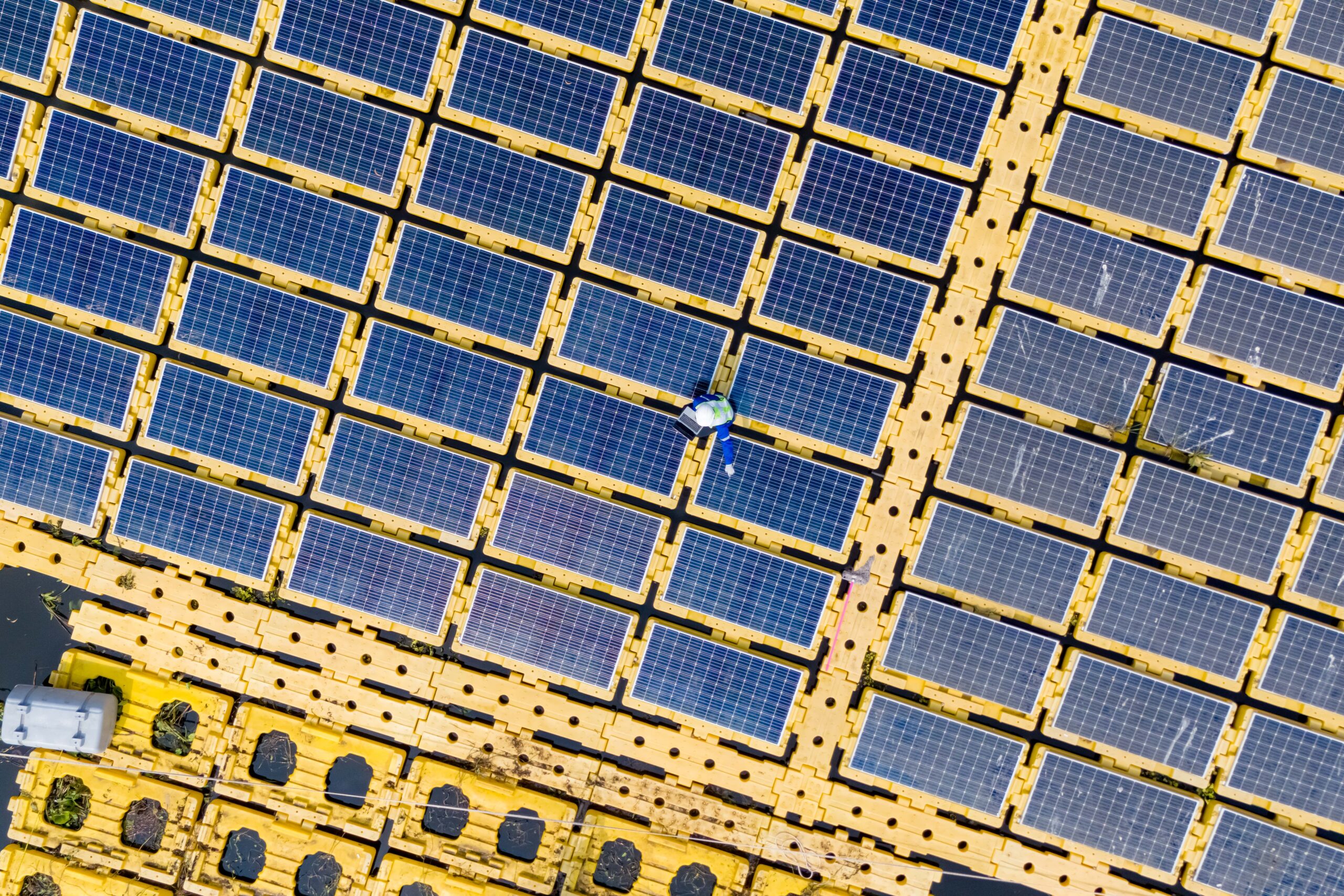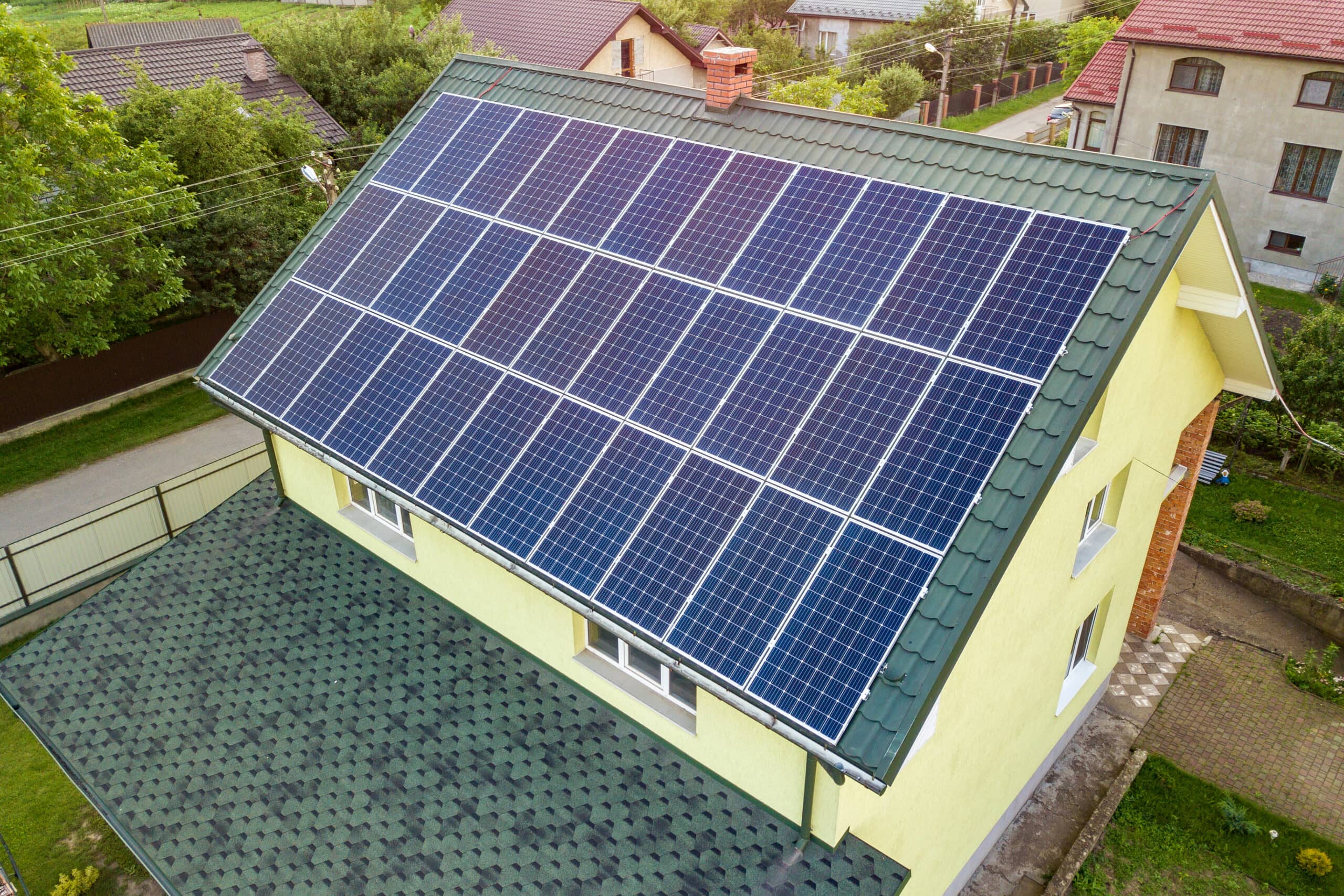Solar energy is gaining momentum as a sustainable energy source worldwide. Nova Scotia is known for its breathtaking landscapes and unique energy challenges, and the interest in renewable energy solutions has increased. The question in this context is whether investing in solar panels is genuinely worth it in Nova Scotia’s specific energy landscape. By exploring the benefits and considerations of solar panels in this region, we can shed light on the viability and advantages of this renewable energy option.
In considering the worth of solar panels in Nova Scotia, it’s essential to examine the geographical and climatic factors influencing solar energy production in this region. The province’s average solar irradiance is around 3.5 to 4 kWh/m²/day, which is lower than more southern regions like Calgary, remains viable for solar energy production. Nova Scotia’s climate, characterized by its maritime influence, presents both opportunities and challenges for solar energy. The province experiences moderate temperatures and varying weather conditions throughout the year. Compared to other regions in Canada, Nova Scotia’s average solar irradiance levels may be slightly lower, affecting the efficiency of solar panels. Seasonal variations, including shorter days during winter, can impact the overall solar energy production in Nova Scotia. Understanding these geographical and climatic factors is crucial in evaluating the feasibility of solar panels in this unique energy landscape.
Understanding the initial costs of installing solar panels in Nova Scotia is essential for making an informed decision. A standard 5kW solar panel system in Nova Scotia can cost between $12,000 and $20,000 before incentives. These costs typically include equipment expenses, installation fees, and any necessary upgrades to your property. However, the financial landscape offers various incentives to offset these initial expenses. Efficiency Nova Scotia programs provide rebates and subsidies off up to $3000 in rebatesto encourage the adoption of renewable energy solutions like solar panels. By comparing the upfront investment with the potential savings over time, including reduced electricity bills and possible income from excess energy generation, individuals can weigh the economic benefits of investing in solar energy in Nova Scotia.
Considering the average energy consumption patterns of households in Nova Scotia is crucial when assessing the benefits of solar panel installations. By analyzing this data, we can estimate solar panels’ potential energy savings. The average household in Nova Scotia consumes about 900 kWh per month, which helps calculate the potential savings from solar panels. Calculating the ROI timeframe involves factoring in various elements such as electricity rates, maintenance costs, and the efficiency of the solar panels. Understanding these factors will provide a clearer picture of how long it would take for the initial investment in solar panels to pay off and start generating a return. By delving into these details, we can offer a well-rounded analysis of the energy-saving potential and ROI associated with solar energy systems in Nova Scotia.
When exploring the environmental advantages of solar energy in Nova Scotia, it’s essential to highlight the significant impact of reducing greenhouse gas emissions. Unlike traditional fossil fuel-based power sources, solar panels generate electricity without emitting harmful gases. By harnessing solar energy, households can mitigate climate change by decreasing their carbon footprint. Nova Scotia’s commitment to renewable energy aligns with its goal to transition to a cleaner and more sustainable energy future. Solar panels play a vital role in achieving the province’s renewable energy targets by providing a clean and renewable energy source that aids in reducing reliance on fossil fuels. By incorporating these points, we can offer a comprehensive overview of the environmental and social benefits of solar energy systems in Nova Scotia.
Examining the local economic benefits of solar energy initiatives in Nova Scotia sheds light on the positive impacts on job creation within the renewable energy sector. The growth of the renewable energy sector has led to the creation of over 500 jobs in Nova Scotia, from installation to maintenance roles. The installation, maintenance, and operation of solar panels create employment opportunities for skilled workers, contributing to the growth of the green economy in the region. By fostering job creation in the renewable energy sector, solar projects drive economic growth and support the development of a sustainable workforce in Nova Scotia.
Highlighting community initiatives and support for solar energy projects showcases the collaborative efforts to promote renewable energy adoption at the grassroots level. Notable examples include the Solar Scotia Co-op, which helps residents collectively invest in solar projects, making solar energy more accessible and affordable. Community-driven projects, such as solar cooperatives and shared solar programs, empower residents to participate in the transition to clean energy. These initiatives enhance community engagement and foster a sense of collective responsibility towards environmental sustainability. By emphasizing these community-led efforts, we can underscore the importance of local support in advancing solar energy projects in Nova Scotia.
It’s essential to acknowledge potential obstacles like installation logistics, roof suitability, and shading issues when contemplating the implementation of solar panels. The logistics of installing solar panels, including securing permits, coordinating with utility companies, and ensuring proper wiring, can pose challenges for homeowners. Additionally, factors such as roof orientation, pitch, and structural integrity play a vital role in determining the suitability of a roof for solar panel installation. Shading from nearby trees or buildings can also impact the efficiency of solar panels, requiring strategic placement to maximize sunlight exposure.
Emphasizing the importance of professional assessment and quality installation is critical to overcoming technical challenges and ensuring optimal performance of solar energy systems. Obtaining the necessary permits can take several weeks, and coordinating with utility companies often requires navigating complex regulations. Engaging certified solar installers who thoroughly assess roof conditions and shading patterns is crucial in designing an efficient solar array. Quality installation practices, including proper mounting, wiring, and system testing, are essential for solar panels’ long-term reliability and effectiveness. By underlining the significance of professional expertise and precision in installation, homeowners can navigate technical challenges and maximize the benefits of solar energy in Nova Scotia.
Solar panels typically have a lifespan of 25 to 30 years, making them a durable and long-lasting investment for homeowners in Nova Scotia. Minimal maintenance, like inspecting for any damage or debris, is essential to maximize their efficiency and longevity. Additionally, monitoring the system’s performance and addressing any issues promptly can help prevent potential problems and extend the lifespan of the solar panels.
Solar panels in Nova Scotia are designed to withstand various weather conditions, including snow, rain, and cold temperatures. While the province experiences shorter days and less sunlight during the winter months, solar technology advancements have improved panels’ efficiency in low-light conditions. Additionally, snow accumulation on panels can be mitigated through tilt angles or manual removal, ensuring consistent energy production throughout the year. By highlighting the resilience of solar panels in Nova Scotia’s climate and emphasizing the importance of regular maintenance, homeowners can enjoy reliable and sustainable energy generation for years to come.
When considering solar panels in Nova Scotia, it’s crucial to remember their benefits, like sustainable energy and potential cost savings, alongside challenges such as winter weather impact. Factors like maintenance, sunlight exposure, and upfront costs significantly affect their effectiveness.
In Nova Scotia, installing solar panels depends on various factors. While they offer long-term benefits and environmental advantages, challenges like winter conditions should be considered. Individuals must evaluate their unique situation and consult professionals for tailored advice.
To explore solar panel options further, consider contacting local providers for information and quotes schedule consultations to assess your property’s suitability for solar energy and make an informed decision. Taking proactive steps towards sustainable energy solutions can bring environmental and financial benefits.
In summary, while there are challenges, such as initial costs and installation logistics, the long-term benefits of solar panels in Nova Scotia, both financial and environmental, make them a worthwhile investment. Residents can make informed decisions that contribute to a sustainable energy future by consulting with Stanton Solar and leveraging available incentives.






